

Explore the impact of Chinese brand names and their ability to evoke joy and curiosity. Learn how carefully selecting elements of a brand name can create a unique and joyful experience for consumers. Uncover the art of crafting powerful brand names that leave a lasting imprint in the minds of your audience.
There are several Chinese companies with happy characters and meanings in their brand names that are trying to do just that. We will first examine several successful examples of happy Chinese brand names and then discuss how to decide whether a joyful name is right for your brand, or not.
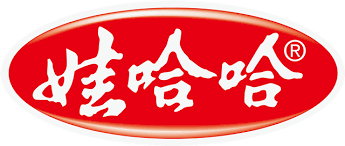
娃哈哈 [Wá hā hā] is one of the most famous and successful beverage companies in China. It has a happy and positive brand image, likely because its brand name mimics the sound of laughter. The first character, “娃” [wá] is a noun derived from the characters “女” [nǚ], meaning woman, and “圭” [guī], with the second character being purely phonetic. “Wá” means a baby or a child, but could also be used for a newborn animal or a doll. The character “哈” [hā] combines the characters “口” [kǒu], meaning mouth, and “合” [hé], a phonetic character. When used twice, this character has the meaning of the sound of laughter, “haha”.
Every time consumers read, hear, speak, or see the Wahaha brand name, it calls childhood and laughter to their mind. Eliciting these types of thoughts and emotions is also consistent with the brand’s target market and product offering, as they have numerous children’s beverages. Furthermore, the name is unique and memorable.
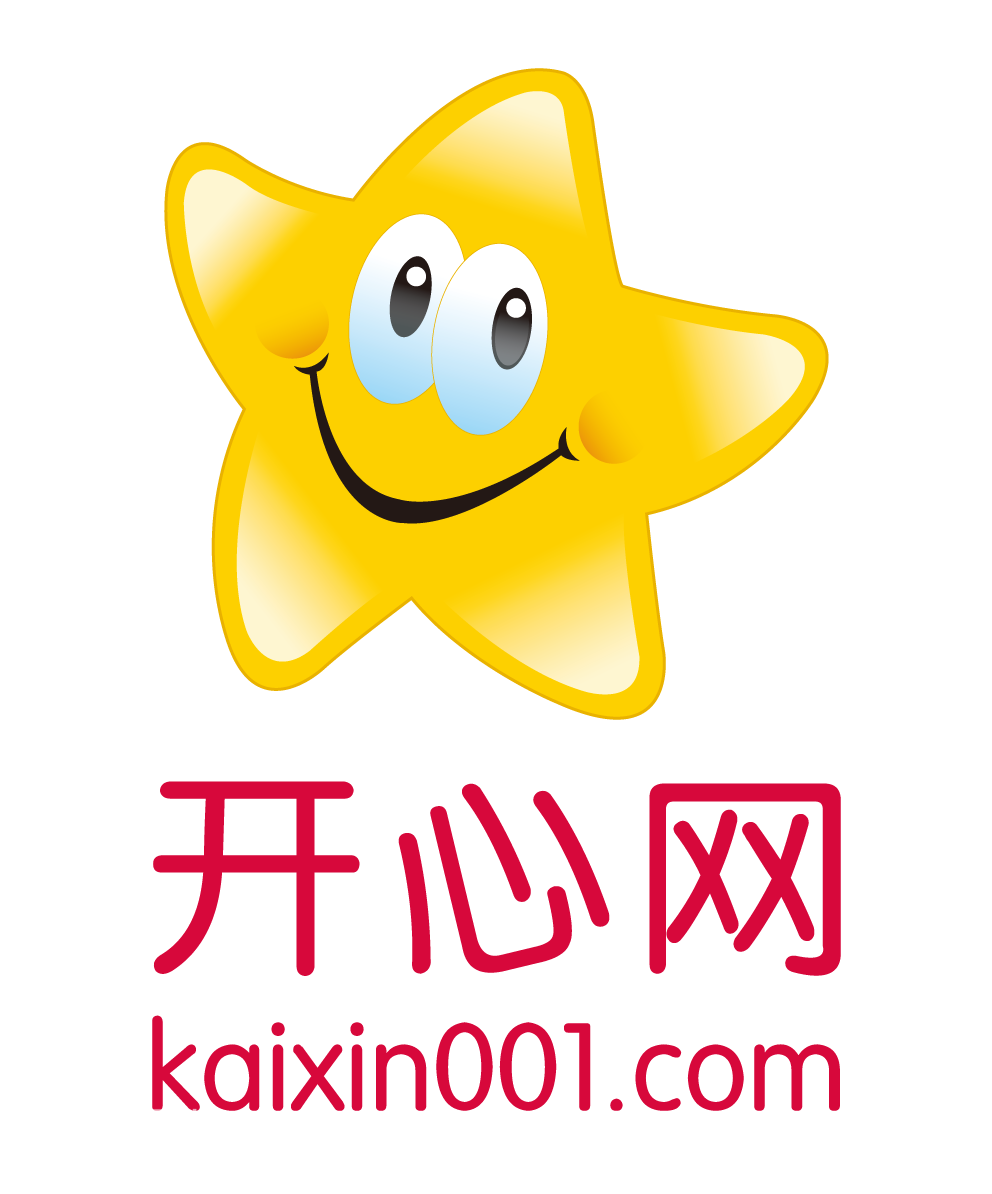
开心网 [Kāi xīn wǎng] is a Chinese social networking site with over 100 million users that resembles Facebook.
The character “开” [kāi] means open, as well as start or begin as in “开始” [kāi shǐ]. The traditional writing of the character is “開”, where the character “开” is inside “門” [mén], a door. “开” is “廾”, two hands reaching to remove the “一” bolt from the door. “心” [xīn] is a noun for the heart, and can also mean the mind, feeling, or center/core. The character is meant to be a picture of a heart. Together, “开心” [kāi xīn] means happy, or to feel happy and rejoice. “网” is the word for “net”, in this case meaning a website.
You could say that simply being exposed to the word “开心” either verbally, visually, or both, can put consumers in a good state of mind and build positive brand perceptions. For Kāixīnwǎng as a young, playful, and connective brand, this type of brand name was very suitable and likely helped them build their membership in a fast and far-reaching way.
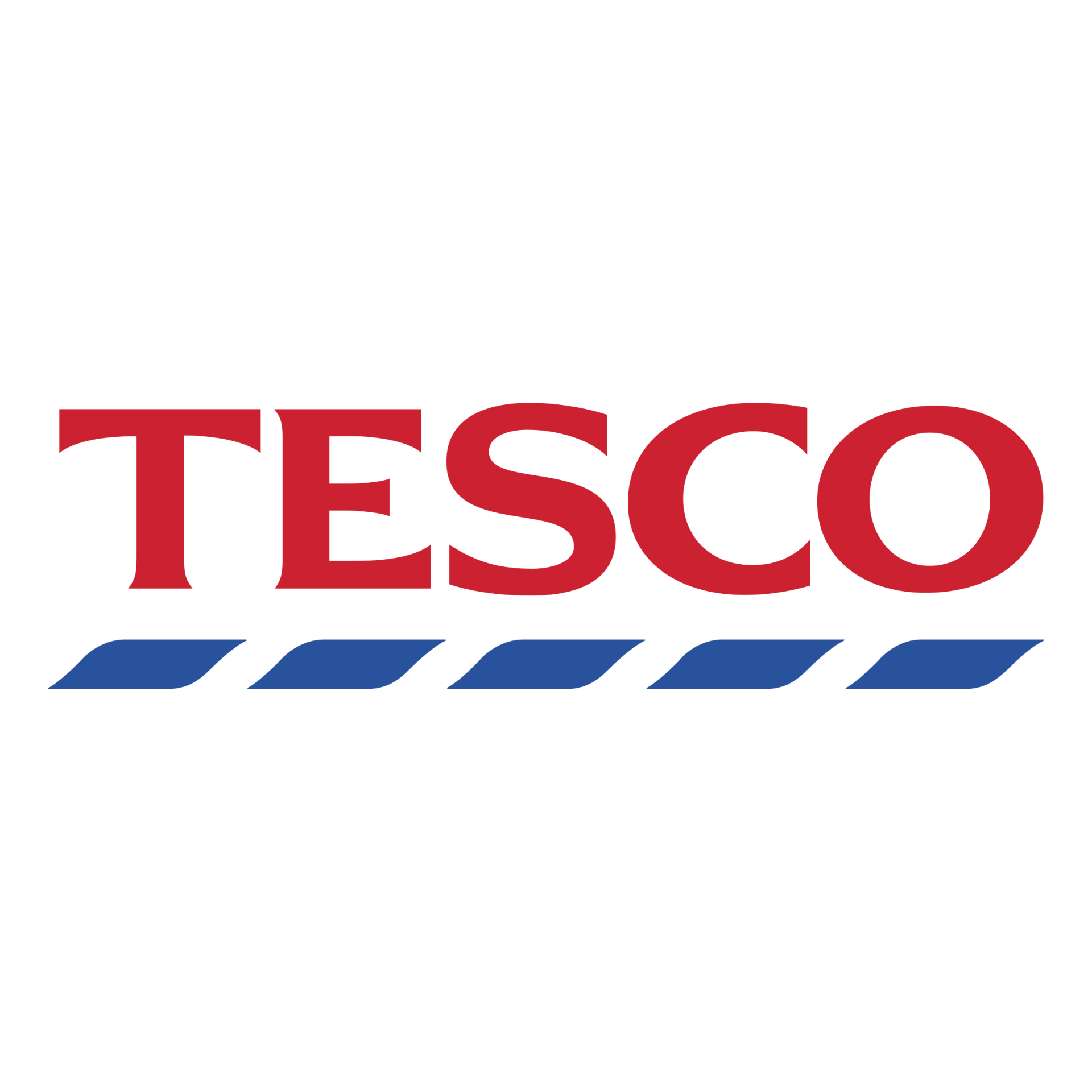
The UK supermarket giant TESCO partnered with a local Chinese franchise named 乐购 [lè gòu]. “乐” [lè] is an adjective for happy and joyful, and also means pleasure, to be glad to, and to enjoy. “购” [gòu] means to buy, as in “购买” [gòu mǎi], or to purchase. The character “购” [gòu] has its origins in the character “贝” [bèi], meaning money, and “冓” [gòu] ( or “勾” in simple form), which is a phonetic character.
As such, the Chinese brand name 乐购 [lè gòu] literally translates into “happy shopping.” This is undoubtedly a positive message for consumers, but it is not highly differentiating. Many supermarkets call on the attribute of happiness, for example Carrefour (家乐福 [jiā lè fú]), the French chain that has been highly successful in China, whose name in Mandarin roughly means “happy home”. In order to stand out from competitors in a crowded marketplace, a supermarket could call on attributes other than happiness in their Chinese name.
Nissin Foods’ Cup Noodles’ Chinese name 开杯乐 [kāi bēi lè] translates to “when you open the cup, you can be happy”. Another popular milk tea brand is named 快乐柠檬 [kuài lè níng méng], or “Happy Lemon”. Also, one of the top rated variety show in China that has been on air for about 10 years ais called 快乐大本营 [kuài lè dà běn yíng], or “Happy Camp” in English. There are countless other examples of happy Chinese brand names!
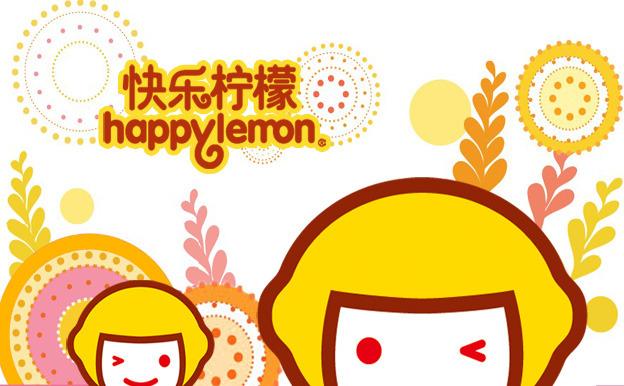
If you are not making people smile with your brand name, you could add a happy tagline. We have seen American brands do this, for example:
Similarly, there are happy brand taglines in China:
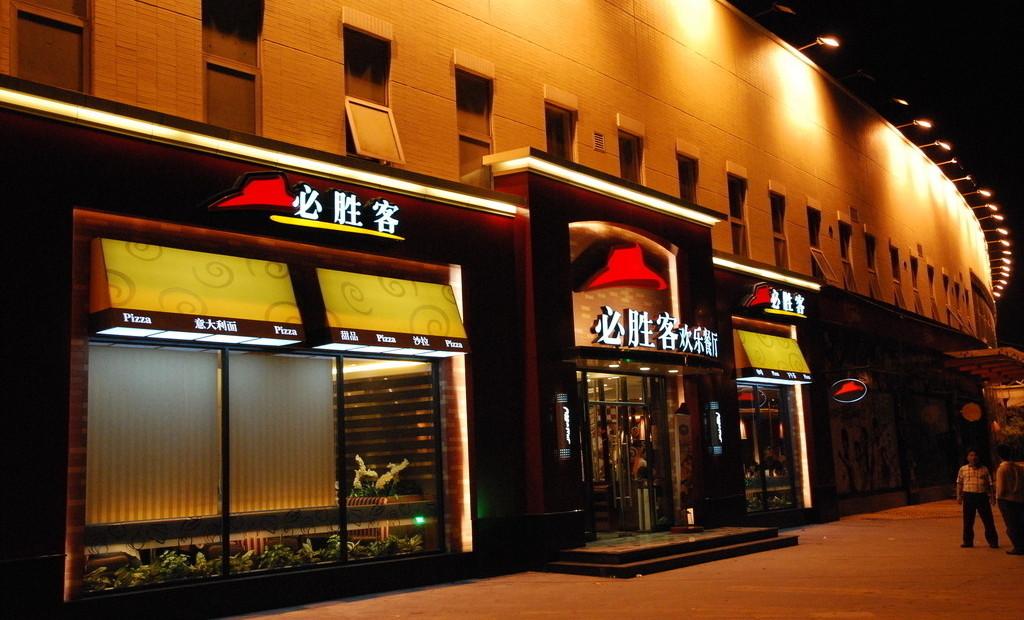
Pizzahut started naming its restaurants “欢乐餐厅” (happy restaurants) since 2003.
Although happiness is undeniably a good emotion to call on to build positive brand perceptions, whether or not to have characters for happiness and smiles in your Chinese name will depend on your brand’s core idea. Some B2B audiences, rebellious fashion labels, and high tech companies may find these types of names inappropriate. As always, by using your brand idea as a guide and employing the right naming methodology, you can find a brand name that finds the balance between business, linguistic, market and cultural needs.
DOWNLOAD REPORT
A Labbrand Group Company © 2005-2025 Labbrand All rights reserved
沪ICP备17001253号-3To improve your experience, we use cookies to provide social media features, offer you content that targets your particular interests, and analyse the performance of our advertising campaigns. By clicking on “Accept” you consent to all cookies. You also have the option to click “Reject” to limit the use of certain types of cookies. Please be aware that rejecting cookies may affect your website browsing experience and limit the use of some personalised features.